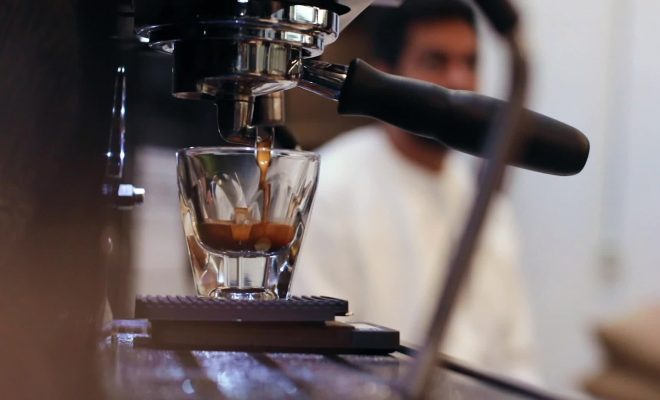
Lifestyle
Seven Fortunes; Coffee Beyond Tradition
Having recently launched their newest branch in Waterway, New Cairo, Seven Fortunes is arguably among the finest coffee brands you will come across in Egypt right now. We talked to Egyptian founder, Karim Hassan, who never offers a coffee to someone without drinking it with him. With that pace, he ends up drinking about ten cups a day, which is something we wouldn’t recommend but you get the picture of the passion and heart behind this exceptional brand.
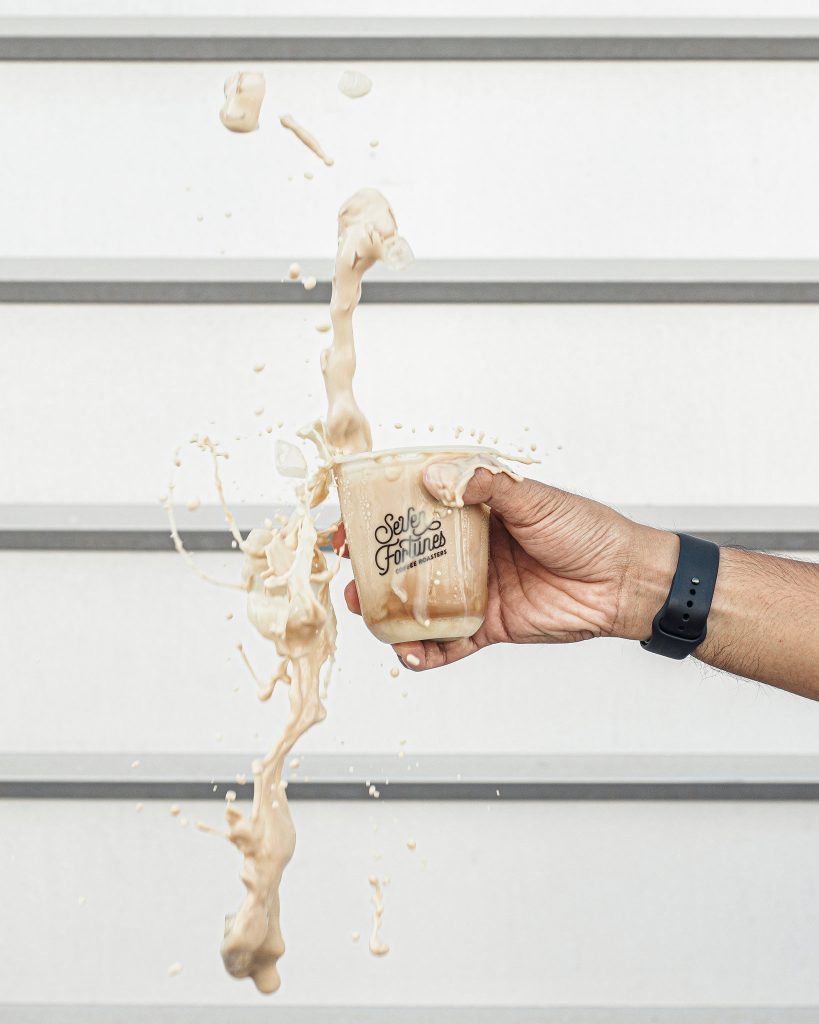
“What amazes me everyday is how coffee brings people together. It’s always a sensory experience that you can share with family and friends.”
How did your coffee brand come about at the beginning?
Surprisingly it was a big mistake. To give you a quick backstory, I grew up in the Middle East and then went to university in Toronto. At the time, I had no clue about coffee and neither did I drink it, but I was working at Second Cup for a short period inside the school library. I realized all my friends were drinking their coffee at Tim Hortons, which was just around the corner. For some reason, I got bothered that they were drinking coffee elsewhere and I just had this sense of responsibility to start thinking about ways to increase traffic at the cafe. My takeaway was that we didn’t provide their coffee of preference, and I decided to sneakily use Tim Hortons’ beans in Second Cup machines. When I secretly told them, they started coming to the cafe and enjoying the coffee. This is how I began to develop a sensory experience in knowing the different tastes provided by different types of coffee from a commercial standpoint. As I traveled around the world, I actually began drinking coffee regularly and developed a habit for it. After that, I worked at a company in Toronto called Fidelity and I was constantly complaining about how bad the coffee was at the office. One day, the facilities manager came up to me and said, “You’re the guy who’s always complaining about the coffee in his emails to upper management?” He said there’s a company that’s coming to do a tasting, so come, try their coffee and tell us which type is best suited for the building. From that moment on, I was inspired to create something of my own but I kept that idea parked.
Fast forward a few years, I returned to Dubai and continued my career in finance with another major asset management firm. For some reason, I didn’t have access to any good coffee around me, so I took the risk of starting a project on the side of my fulltime job. I fitted a small roastery in Dubai’s industrial area. I sourced a few bags of the finest green coffee beans. Slowly, I started supplying a few cafes in the neighbourhood. Business started picking up from one cafe to the next, and eventually, I decided to quit my job because it was becoming very overwhelming for me to balance both. A couple of years later, Seven Fortunes is currently supplying to hotel chains, like the Renaissance, the W, the JW Marriott and the Ritz Carlton. I found myself up against competition like Illy and Lavazza, which are huge multinational chains; we had carved a reason for boutique hotels to work with smaller companies with a strong passion to deliver quality products.
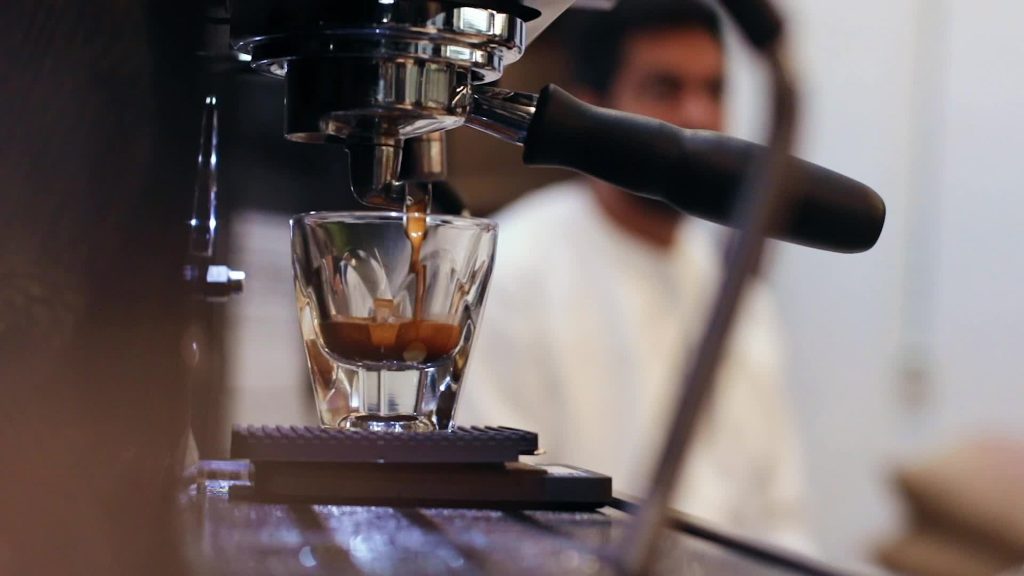
When did you decide to bring your business to Egypt?
My parents were consistently encouraging me to expand into Egypt. At first glance, I wasn’t convinced but before jumping into any judgments, I had to study the market better. After a few months of research I must say, my love for Egyptians and its culture drove my passion to influence and educate.
100 million people are drinking average to poor coffee! Change must happen, and this instantly became my personal mission. I decided in late 2018 that I was going to enter the coffee industry in Egypt. I’m originally Egyptian and I simply loved the idea of sharing my coffee passion here.
From where do you source your beans?
I get my beans mainly from coffee-growing regions around the world. I’ve developed very close relationships with farmers that grow the crop in agricultural countries like Brazil, Colombia, Guatemala and Costa Rica. I buy beans specifically grown for Seven Fortunes. At the beginning, you start buying the coffee from traders but once you start building relationships with individual farmers, you get the advantage of sourcing the cream of the crop.
While anyone on the street can buy good coffee, a very limited quantity of people actually get their hands on the highest quality coffee. And there’s a reason for this – no matter how many acres a farmer has, he usually puts aside the cream of the crop for roasters like Seven Fortunes, whom he knows will treat the product well and transfer his name onto the market. We like to be transparent in how we do business, for instance you will find the source of each coffee on my coffee bags, and every farmer gets his name printed on our bags. This is the kind of relationship we like to build with them, and of course, it took time – around four to five years to build.
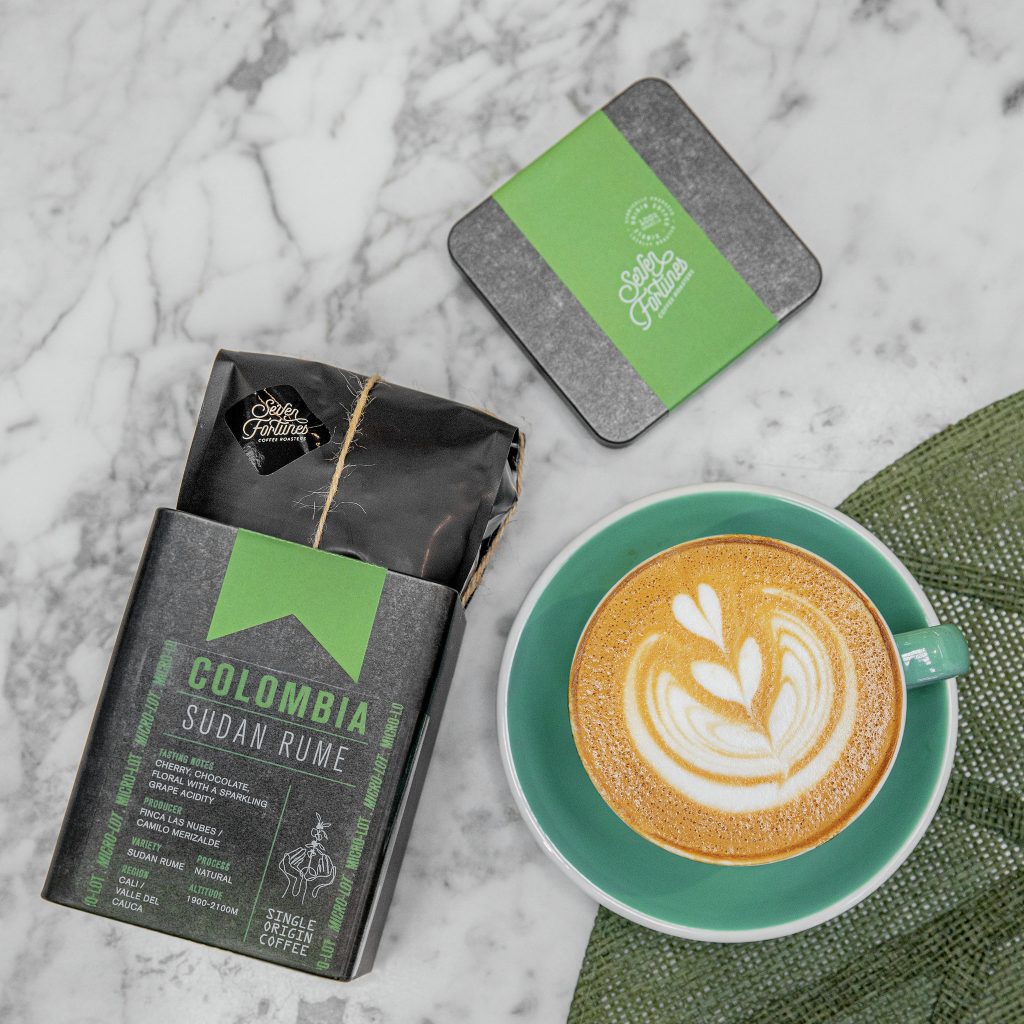
Why call it Seven Fortunes?
Interesting that you ask! It took me nine months to develop the name and the branding. I arrived at the name three different ways. First, I chose the number seven for being associated with a lucky connotation in our Arabian culture. It’s relatable because, for example, in Egypt we have one of the seven wonders of the world which is the Pyramids. The brand was also founded in Dubai, which is one of the seven emirates of the UAE. It’s meaningful to me, so wherever I am in the world, I can relate to the number and I feel like it’s a point of engagement with consumers. As for the word fortunes, as far back as I can remember, my aunties would tell each other their fortunes using coffee cups. The term Seven Fortunes also relates back to a mystical story in the history of coffee – the story of the Seven Seeds.
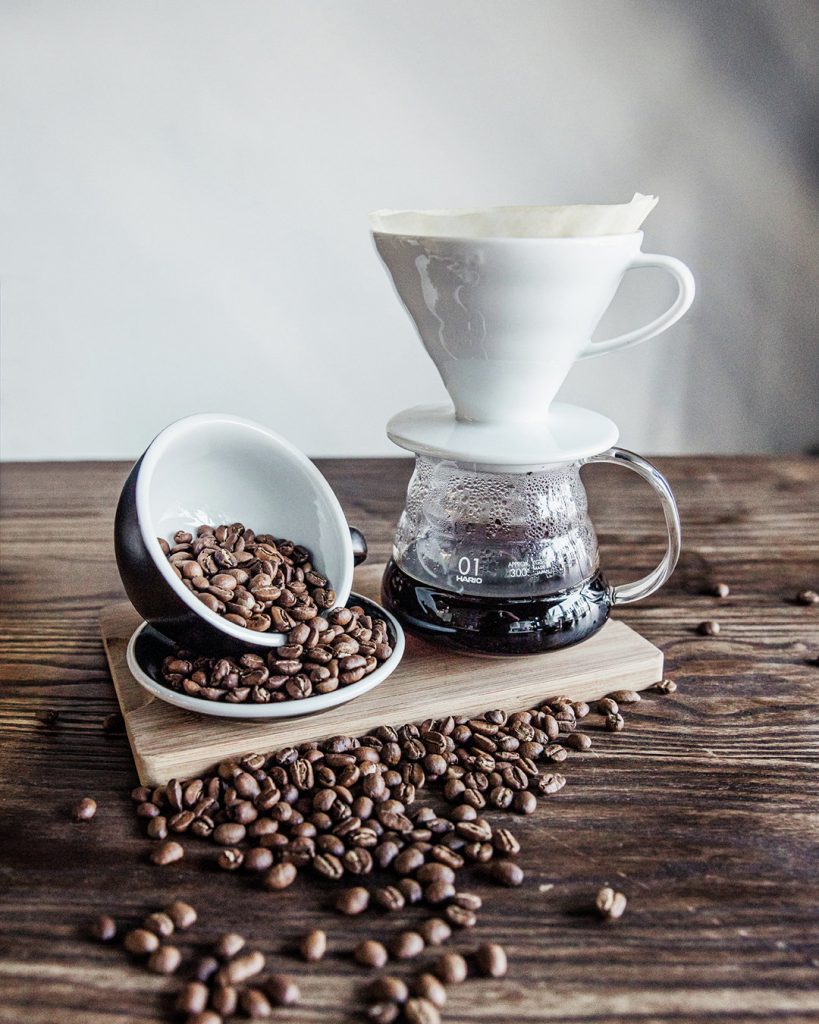
We love that you made your brand accessible for both expert coffee connoisseurs and absolute beginners. How do you balance both audiences?
Honestly, I encourage people to drink coffee the way they like to drink it. Do it your way. If you’re a person who enjoys a classic Cappuccino, then go for it and Seven Fortunes will make sure you have the best quality coffee in your Cappuccino. If you like Espresso or American-style coffee, we’ll make that for you. There’s no need for us to over-complicate it. As long as you have a great quality coffee, you can make it anyway you want and it will taste exceptional. Coffee is so rooted in our culture that we’ve been drinking it for years and Arabs kind of already know what they like. There are so many flavor profiles you can experience. Once you engage any of my team members with coffee-related questions, be prepared to take notes.
A simple sensory example we like to share is the different flavor profiles of coffee. Brazil is completely different from coffee from Ethiopia. Generally, Central American coffee tends to be nutty or chocolaty and African coffees tend to be fruity or floral. If I can educate you about the options, which is our purpose, I can guide you to find out your preference.
Our brand image is sophisticated but we’re also inviting to anyone who is interested to learn about coffee. I believe in always meeting the consumers where they’re at. I take it step-by-step – first, I provide the coffee that they know they like. Then, I introduce them to a few more flavor profiles. That’s when the experience begins.
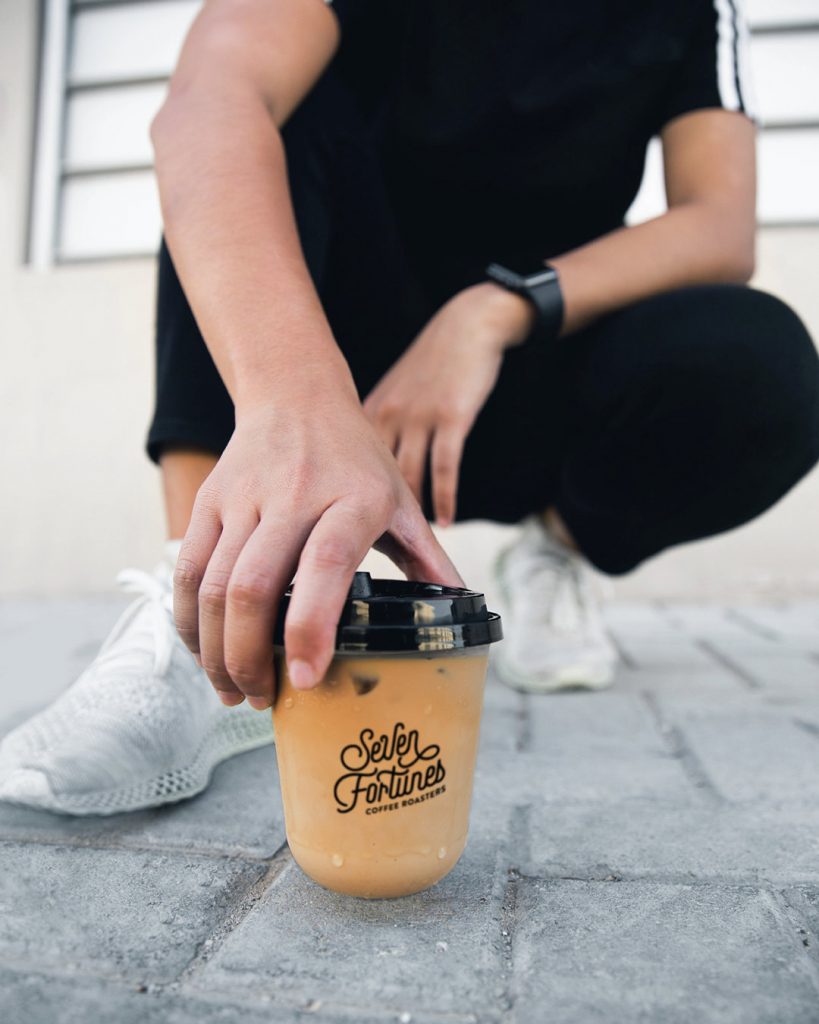
Tell us about the barista training you offer for those who would like to venture.
I am part of an internationally-recognized group of trainers, which is quite commonly known as Specialty Coffee Association (SCA). There are actually many pillars you can study in the coffee world. There’s a diploma system that you can earn within a year. You travel to the United States, the UK or Dubai to get the training, given by people like myself. This is what I wanted to bring to Egypt. Most people who tell you they are certified are probably certified in one or two courses but rarely will you find people who earned a full diploma.
There are five categories you can dig into. One of them is just learning about all the flavor profiles in the coffee world and being able to differentiate when a coffee is nutty, fruity or what taste it resembles – whether you can detect caramels, vanilla or fruits. Another category is all about brewing and preparing coffee manually. Then, there’s the barista category where you prepare coffee using espresso machines, and there’s green coffee, which is a whole different avenue about understanding and evaluating coffee directly from the farms. The last one is roasting.
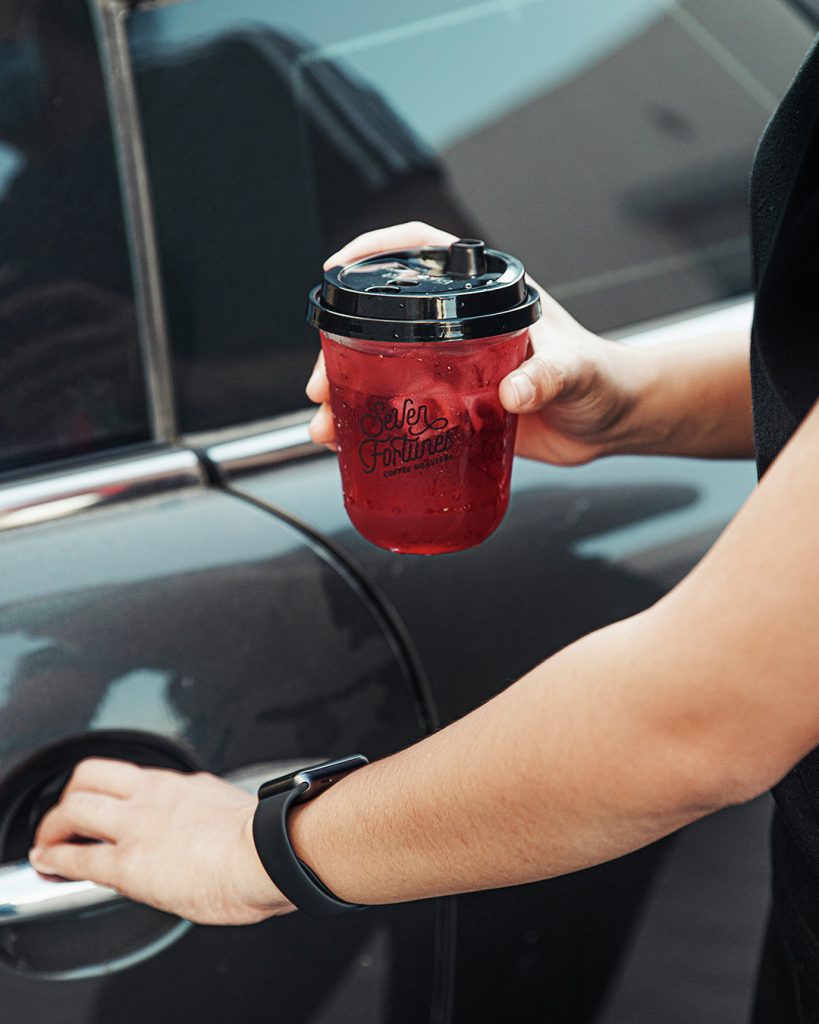
You’re definitely way more than just a roastery. Do you have any plans to expand your services even further in the future?
When I came to Egypt, I set up the business to supply cafes, restaurants and hotels – a field which brought me a lot of success in the Middle East. However, I failed very quickly. Most of the hotels and business owners expressed no interest in providing higher quality coffee at their venues. They wanted to continue using commercial quality coffee and satisfy the already existing demand instead of taking a leap of faith in educating consumers about better options; although there is a very small price difference between commercial and specialty coffee. In the past year, I shifted my strategy in order to achieve success in my wholesale coffee business. I’ve decided to open coffee shops to encourage other businesses to see the quality that really works. I’m creating this proof of concept to encourage a shift to specialty coffee over commercial coffee in the Egyptian market. I’m here to make an influence. My vision is to create supply rather than cater to a demand. We also want to empower more consumers to make the coffee they love at home, and in general, drink better coffee.

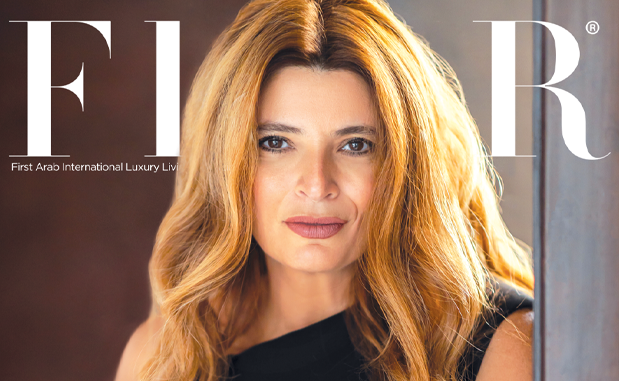


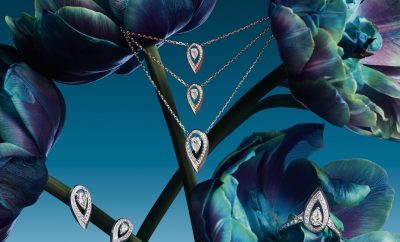
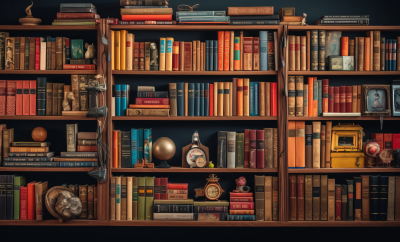
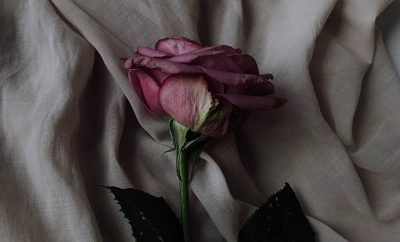



0 comments